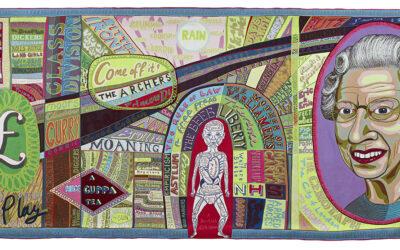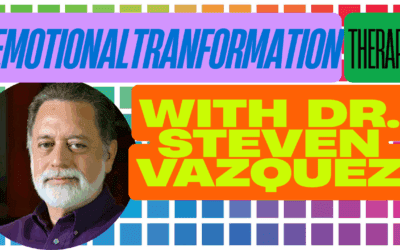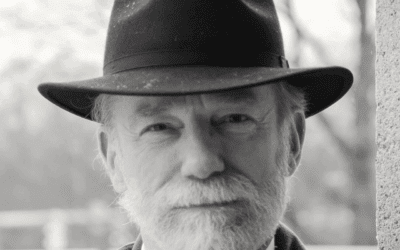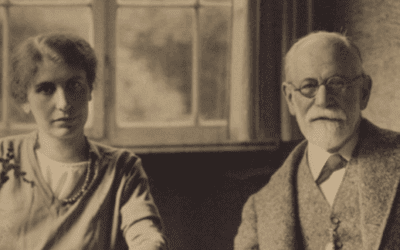 Evidence-based practice (EBP) has become the dominant paradigm in healthcare and mental health, promising to ground clinical decision-making in rigorous scientific evidence. Proponents argue that by privileging data from randomized controlled trials (RCTs) and systematic reviews, EBP can optimize treatment outcomes, standardize best practices, and eliminate waste from the healthcare system.
Evidence-based practice (EBP) has become the dominant paradigm in healthcare and mental health, promising to ground clinical decision-making in rigorous scientific evidence. Proponents argue that by privileging data from randomized controlled trials (RCTs) and systematic reviews, EBP can optimize treatment outcomes, standardize best practices, and eliminate waste from the healthcare system.
However, a closer examination of the EBP movement reveals a number of epistemological, methodological, and political issues that call into question its purported objectivity and beneficence. Far from being a neutral tool for advancing science and improving care, EBP often serves to entrench profit-driven logic and narrow biomedical approaches at the expense of clinical nuance, theoretical depth, and patient-centered values.
The Limits of “Evidence” in EBP
At the heart of the EBP paradigm is a hierarchy of evidence that privileges quantitative data from RCTs and meta-analyses over other forms of knowledge. This hierarchy is premised on the assumption that by controlling for confounding variables and biases, RCTs can isolate the “true” effects of interventions and yield generalizable conclusions about what works for whom.
However, as the STAR*D scandal illustrates, even the most rigorous RCTs are not immune to distortion and manipulation in the service of vested interests. This influential study, which purported to show the effectiveness of antidepressant medication, was marred by selective reporting, lax diagnostic criteria, and misleading statistical analyses that inflated the drugs’ benefits and minimized their risks.
The STAR*D debacle highlights the perverse incentives at play in the EBP ecosystem, where researchers, institutions, and funders face immense pressure to produce positive findings that can be used to market drugs and secure grants. These incentives create a kind of “evidence-based facade” that masks the messy, uncertain realities of science behind a veneer of quantitative precision and methodological rigor.
Moreover, the narrow focus on RCTs as the gold standard of evidence marginalizes other vital forms of knowledge in healthcare, such as clinical expertise, qualitative research, and patient narratives. By decontextualizing interventions from the social, cultural, and interpersonal factors that shape their real-world effectiveness, EBP can generate a reductionist, “one-size-fits-all” approach that fails to capture the complex, idiosyncratic nature of individual healing journeys.
The Medicalization of Distress The EBP movement has also fueled the increasing medicalization of human suffering, recasting a wide range of experiences and behaviors as symptoms of discrete, underlying pathologies. By prioritizing interventions that target these presumed pathologies, EBP aligns neatly with the commercial agendas of the pharmaceutical and healthcare industries, which depend on an ever-expanding definition of disease and disorder to grow their markets.
This process of diagnostic inflationreaches its apotheosis in the Diagnostic and Statistical Manual of Mental Disorders (DSM), psychiatry’s official nosology. As each successive edition of the DSM has loosened criteria and added new disorders, it has extended the boundaries of the “mentally ill” to encompass more and more of the population. Ordinary experiences like grief, anxiety, and mood swings have been transformed into billable diagnoses, opening up vast new revenue streams for drug companies and service providers.
The EBP paradigm reinforces this medicalization dynamic by funneling research towards the development and validation of standardized, protocol-driven treatments for DSM diagnoses. These approaches, often heavily promoted by industry, tend to locate the causes and cures for distress within individual brains and bodies, obscuring the social determinants of health and the transformative potential of psychosocial interventions.
Erasing Context and Meaning
Perhaps the most profound limitation of the EBP paradigm is its tendency to abstract human experience from the social, cultural, and existential contexts in which it is embedded. By privileging aggregate data and average effects over idiographic meaning and lived experience, EBP flattens the rich, multidimensional nature of selfhood into a set of quantifiable variables and measurable outcomes.
This decontextualizing logic reflects the influence of neoliberal capitalism, which seeks to remake all domains of life in the image of the market. Just as the market reduces qualitative values to commensurable prices, EBP reduces the irreducible complexity of the therapeutic encounter to standardized metrics and protocols. The result is a kind of “evidence-based factory model” of care, where clinicians are treated as interchangeable parts delivering uniform products to consumer-patients.
Lost in this model are the relational, symbolic, and meaning-centered dimensions of healing that are central to many psychotherapeutic traditions. The lived experience of suffering cannot be fully captured by symptomatic checklists or outcome measures; it is bound up with questions of identity, purpose, and existential struggle that demand a more holistic, interpretive approach.
Moreover, by focusing narrowly on individual-level interventions, the EBP paradigm tends to ignore the structural inequities and power dynamics that shape health outcomes at a population level. Factors like poverty, discrimination, and social exclusion have consistently been shown to be major drivers of morbidity and mortality, yet these realities are often backgrounded in EBP research in favor of a narrow focus on “fixing” individual deficits.
Recovering a Pluralistic Science
Overcoming the limitations of the EBP paradigm will require more than just technical fixes or incremental reforms; it demands a fundamental rethinking of the nature and goals of scientific inquiry in health and mental health. We need an expanded conception of evidence that includes not only quantitative data from controlled trials, but also qualitative insights from clinical practice, theoretical models of mind and behavior, and first-person accounts of lived experience.
This pluralistic vision of science recognizes the value of multiple ways of knowing and shifts the focus from identifying universally “proven” treatments to illuminating the complex, context-dependent pathways of individual change. It also highlights the need for a more reflexive, critically engaged stance towards the social, political, and economic forces that shape the production and application of evidence itself.
At the level of practice, a post-EBP paradigm would empower clinicians to draw flexibly on a range of conceptual frameworks, therapeutic techniques, and relational stances to tailor care to the unique needs and values of each patient. Rather than being reduced to cookbook practitioners of standardized protocols, therapists would be supported in cultivating the clinical wisdom, emotional attunement, and ethical discernment needed to navigate the complex, unscripted realities of the consulting room.
Ultimately, moving beyond the EBP paradigm is not about abandoning science, but about reconnecting it with the lived realities of suffering and the moral imperatives of care. Only by grounding our knowledge-making practices in a deep appreciation for the irreducible complexity of human experience can we begin to craft a mental health system worthy of the name – one that truly serves the diverse needs and potentials of all.


























0 Comments